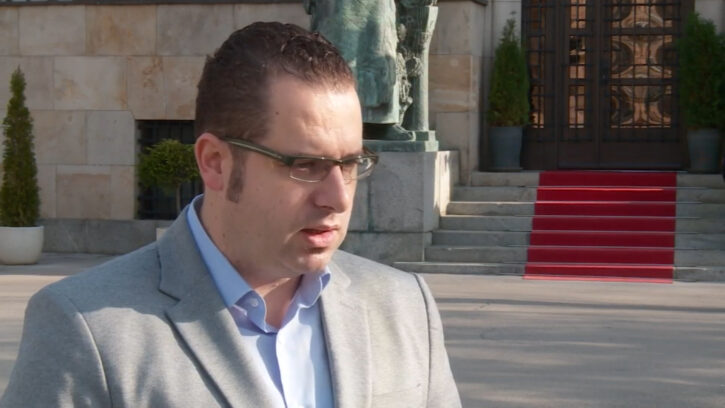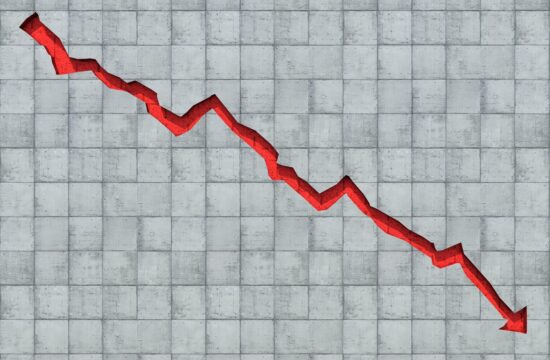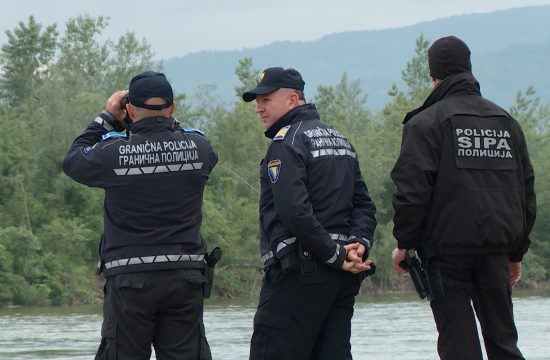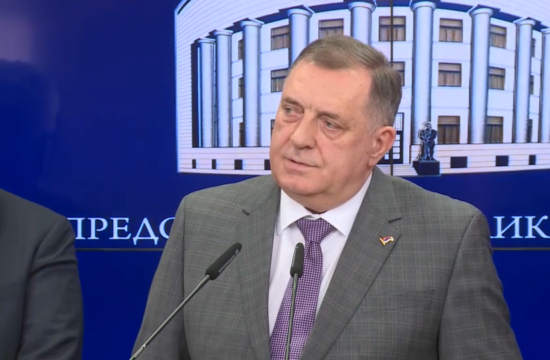
In order to veto a decision his two colleagues in the state presidency support, the Bosnian Serb member needs to be backed by two thirds of the lawmakers in the Bosnian Serb entity parliament, a spokesperson for the Alliance of Independent Social Democrats (SNSD), the ruling party in the Serb entity, said on Thursday.
The SNSD and their partners won the majority seats in the National Assembly of Bosnia's semi-autonomous Republika Srpska (RS) entity in the October 7 General Election. Their leader, Milorad Dodik, won the Serb seat in Bosnia's tripartite state Presidency.
The Presidency is composed of three members, each representing one of the ethnic majorities in Bosnia, Bosniaks, Croats and Serbs. Decisions are made through consensus, at least two of the members need to agree on a given decision for it to be approved.
However, each member can still halt the decision if he believes it is destructive to the interests of his ethnic group by using the constitutional Vital National Interest mechanism.
“When the Serb member of the Presidency vetoes any attempt of the other two Presidency members to outvote him, the veto (on the decision) goes to the (RS) National Assembly where a two-thirds majority is needed to abolish that outvoting attempt,” the SNSD's Radovan Kovacevic said.
Kovacevic also spoke about the SNSD's view on how representatives coming from the RS should behave in state-level institutions.
They “should represent the interests of the RS and not those of a party, an individual or an organisation,” he said, adding that the SNSD is because of that stance advocating the establishment of an ‘RS patriot bloc’ in the institutions in Sarajevo.




